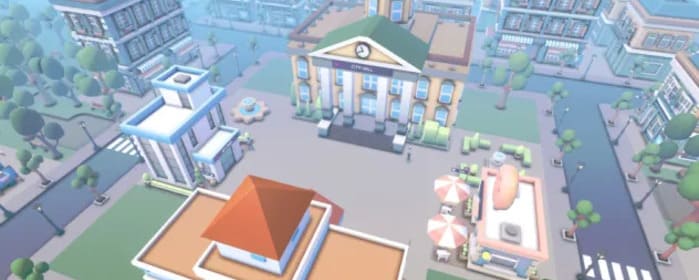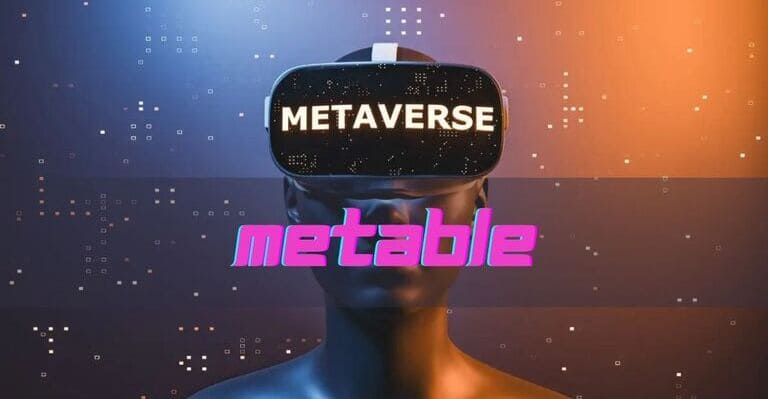TL;DR
- Metable launches its beta version, allowing users to learn and earn in its virtual environment.
- Developed on Polygon, the platform offers virtual schools and the opportunity to earn through teaching.
- The launch was a success. Over 50 users interacted simultaneously in a 3D environment, with avatar customization and interactive activities.
The Metable platform has launched its open beta, deepening the convergence between blockchain technology and education. This new virtual environment allows users to learn and earn at the same time.
Built on the Polygon blockchain (MATIC), Metable enables users to establish and manage virtual schools, as well as earn income through teaching on the platform. With this beta version, various features were introduced to enhance the experience of its educational metaverse. The ability to earn royalties through the resale of NFT courses is particularly noteworthy.
🚀 Amidst #BitcoinHalving and market swings, experts see a bullish future, predicting BTC at $150K by 2025! Amidst this, discover #MetableMetaverse, the first "learn to earn" platform. 🌍✨
🔥 Join the Metable token pre-sale NOW & shape the future of education in the metaverse.…
— Metable Metaverse (@metable_in) April 17, 2024
During the open beta phase, Metable successfully tested its capacity to host over 50 users simultaneously in a multiplayer 3D environment, achieving this without experiencing technical issues. Members now have the opportunity to customize their avatars, participate in activities such as virtual treasure hunts, and take quizzes.
According to Alessandro Moretti, co-founder of Metable, the launch of the beta version is a crucial step for both the education sector and the Web3 space. Educators are encouraged to begin building new knowledge and imparting education through the available virtual tools, while students are encouraged to discover the benefits of a decentralized learn-to-earn economy.

Metable Emerges as the Future of Education
As a primary goal, Metable aims to simplify collaboration and the educational experience, allowing professionals, content creators, and influencers to access new learning opportunities and establish new business models. Additionally, the project aims to establish a decentralized educational metaverse that enables users to teach, collaborate, socialize, and have fun, regardless of their geographical location.
Metable benefits from minimal transaction fees and high scalability due to its infrastructure based on Polygon. However, concerns exist regarding the risks of centralization due to the lower number of validators and potential vulnerabilities inherent in its nature as a layer 2 solution based on Ethereum.
Despite these challenges, Metable undoubtedly represents a necessary innovation in an outdated educational system. Combining blockchain technology with virtual learning will open new opportunities for global education and potentially revolutionize traditional educational models.

